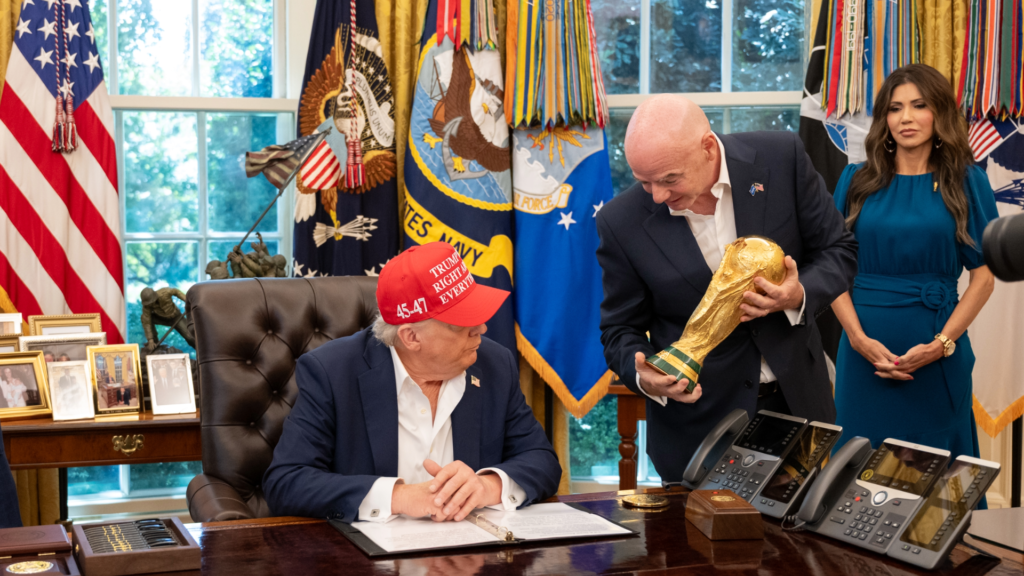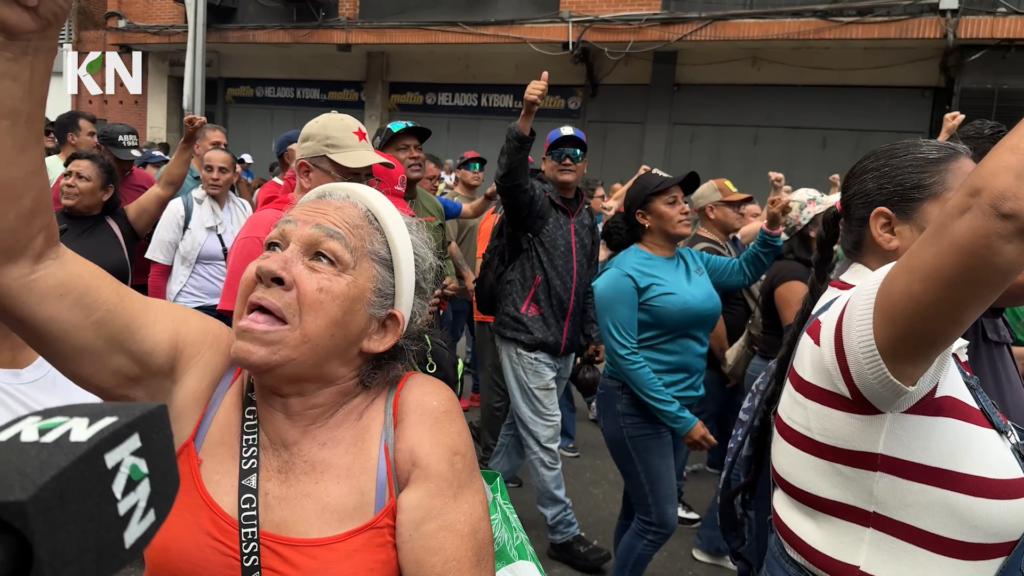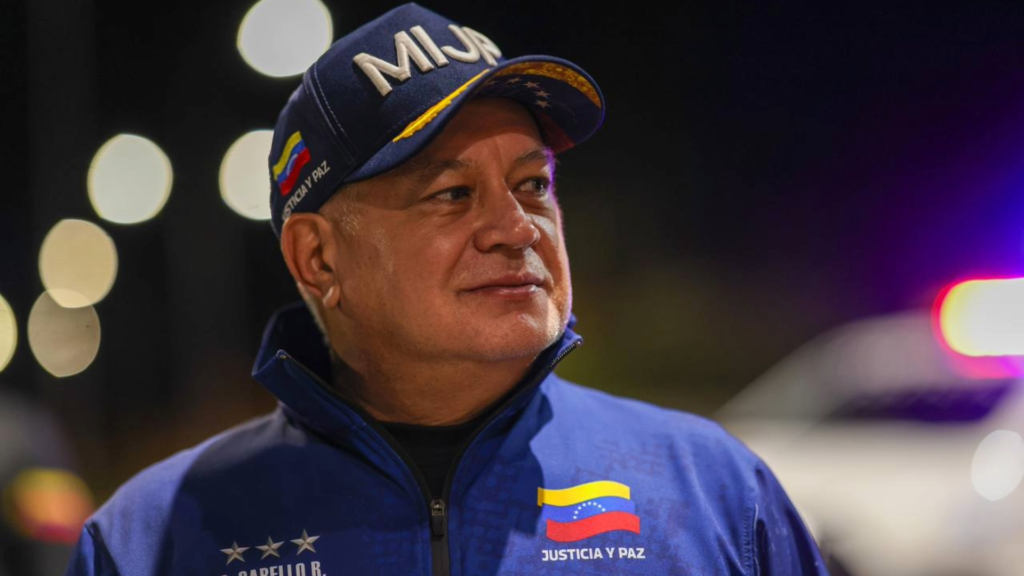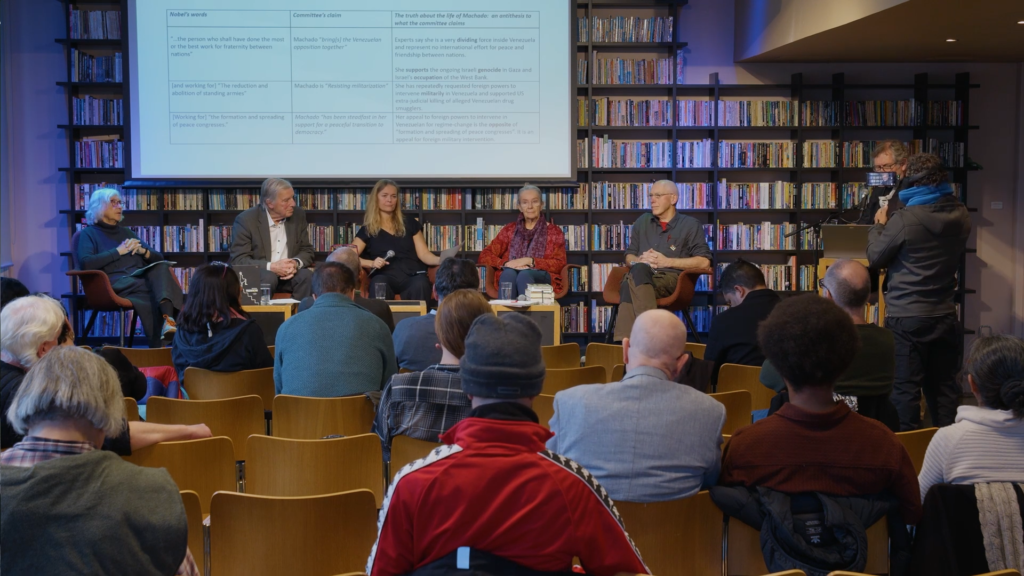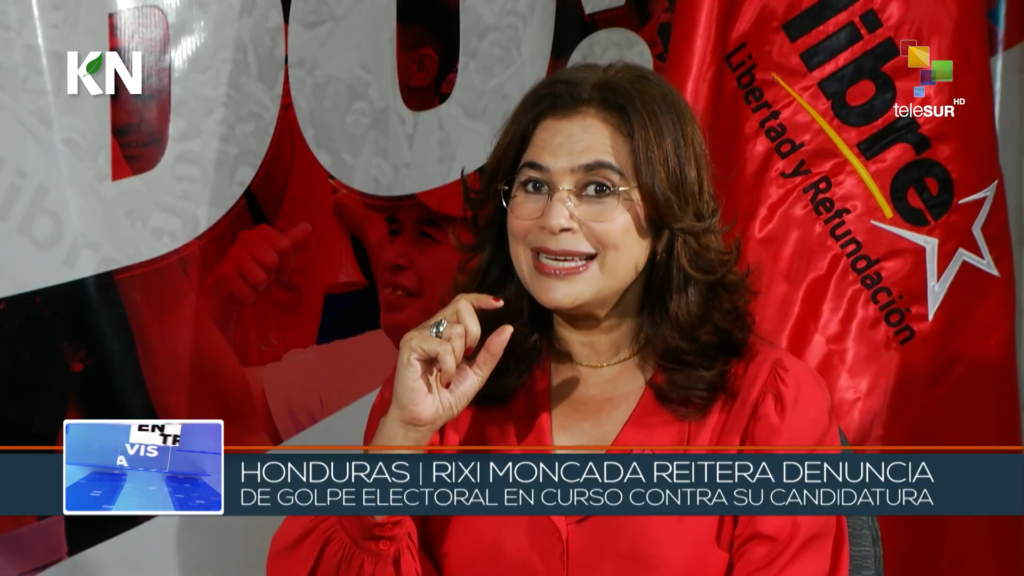The people of the United States and most of the rest of the world woke up this week to the last news they wanted to hear.
Not only had Donald J Trump presiding over a proto-fascist Maga mass movement been elected president of the United States, he will enjoy a comfortable Republican majority in the Senate, and he also may have a Republican majority in the House of Representatives.
He obtained about the same number of votes as in 2020, 74 million, and he scored an electoral victory because the Democrat candidate, Kamala Harris, got well over 10 million votes less than Joe Biden in 2020.
If one adds the strong political identification of the US Supreme Court with Trump’s overall political views, he will enjoy few obstacles from the key institutional structures of the United States to implement his cherished aim, the establishment of a strongly authoritarian government that would endeavour to turn all existing institutions into instruments of his political movement, his ideology and his government plans.
Throughout the election campaign and since he lost the 2020 election, Trump has projected a government programme of wholesale retribution against his political opponents including what he perceives as a hostile media, which he has labelled “the enemy within.”
He also intends to expel millions of — principally Latino — immigrants, who he accuses of “poisoning the blood of the country.”
His strategic plan for the US has been systematised in a 900-page document by the Heritage Foundation, Project 2025, which, if fully implemented, will erase most of the existing mechanisms and practices that, despite its gross imperfections, broadly qualify the US as a democracy.
Many have exhaled a premature sigh of relief when Trump in his victory speech promised “no more wars” in his coming administration. However, during his 2016-20 government he conducted a mutually damaging “trade war” against China, a country he harbours a deep hostility to.
Hostility to China is likely to become the centre of his concerns on foreign policy, for which he can escalate the intense cold war and the massive military build-up around the South China Sea, including arming Taiwan, already developed by Biden.
Open US hostility to China began with president Barack Obama’s “Pivot to East Asia” in 2011, which prepared the militarisation of US policy towards the Asian giant. US military build-up 8,000 miles away from the US is stirring trouble in the region.
There ought to be little progress to be expected from the coming Trump government on the Middle East and on Palestine-Gaza. In December 2017, less than a year in office, reversing nearly seven decades of US policy on this sensitive issue, Trump formally recognised Jerusalem as the capital city of Israel and moved the US embassy to Jerusalem. There was worldwide dismay, including in substantial sections of the US Establishment, because it “shattered decades of unwavering US neutrality on Jerusalem.”
About Latin America, the 2016-20 Trump government specifically targeted what his national security adviser, John Bolton, called the “troika of tyranny” — namely, Cuba, Venezuela and Nicaragua — which he also referred to as “a triangle of terror.”
Bolton in outlining Trump’s policy accused the three governments of being “the cause of immense suffering, the impetus of enormous regional instability and the genesis of a sordid cradle of communism.”
In 2018, Trump’s state secretary, Rex Tillerson, affirmed the Monroe Doctrine because it had asserted US “authority” in the western hemisphere, stating that the doctrine is “as relevant today as it was when it was written.” Tillerson’s was a strong message to Latin America that the US would not allow the region to entertain building links with emerging world powers such as China.
It was during Trump’s 2016-20 administration that, after several years of careful and methodical preparations, the US orchestrated and financed the 2018 coup attempt against Nicaragua. It convulsed the small Central American nation for more than six months of vicious levels of violence, leading to wanton destruction of property, massive economic losses, and nearly 200 innocent people killed. The Biden administration, under pressure from cold warriors in the US, has continued its policy of aggression against Nicaragua by applying an array of sanctions.
Trump inflicted hundreds of sanctions on Venezuela with horrible human consequences, since in 2017-18 about 40,000 vulnerable people died unnecessarily. Venezuela’s economy was blockaded to near asphyxiation. Its oil industry was crippled with the double purpose of denying the country’s main revenue earner and preventing oil supplies to Cuba. Trump repeatedly threatened Venezuela with military aggression; Venezuela (2017) was subjected to six months of opposition street violence; an assassination attempt against President Nicolas Maduro (August 2018); Juan Guaido proclaimed himself Venezuela’s “interim president” (January 2019, and he was recognised by the US); the opposition tried to force food through the Venezuela border by military means (February 2019); the State Department offered a reward of $15 million for “information leading to the arrest of President Maduro” (March 2020); a failed coup attempt (May 2019); a mercenary raid (May 2020); and in 2023 Trump publicly admitted that he wanted to overthrow Maduro to have control over Venezuela’s large oil deposits.
Although Cuba has endured the longest comprehensive blockade of a nation in peace time (over six decades, so far), under Trump the pressure was substantially ratcheted up. In 2019 Trump accused the government of Cuba of “controlling Venezuela” and demanded that, on the threat of implementing a “full and complete” blockade, the 20,000 Cuban specialists on health, sports culture, education, communications, agriculture, food, industry, science, energy and transport, who Trump falsely depicted as soldiers, leave.
Due to the tightening of the US blockade, between April 2019 and March 2020, for the first time its annual cost to the island surpassed $5 billion (a 20 per cent increase on the year before).
Furthermore, Trump’s policy of “maximum pressure” against Cuba meant, among other things, that lawsuits under Title III of the Helms-Burton Act, were allowed; increased persecution of Cuba’s financial and commercial transactions; a ban on flights from the US to all Cuban provinces (except Havana); persecution and intimidation of companies that send fuel supplies; an intense campaign to discredit Cuban medical co-operation programmes; USAid issued a $97,321 grant to a Florida-based body aimed at depicting Cuban tourism as exploitative; Trump also drastically reduced remittances to the island and severely limited the ability of US citizens to travel to Cuba, deliberately making companies and third countries think twice before doing business with Cuba; and 54 groups received $40 million in US grants to promote unrest in Cuba. Besides, Cuba has had to contend with serious unrest in July 2021 and more recently in March 2024, stoked by US-funded groups in as many cities as they could. The model of unrest is based on what has been perpetrated against Nicaragua and Venezuela.
Trump’s final act of sabotage, just days before Biden’s inauguration, was to return Cuba to the State Sponsors of Terrorism (SSOT) list by falsely charging it with having ties to international terrorism. The consequences have been devastating: between March 2022 and February 2023, 130 companies, including 75 from Europe, stopped any dealings with Cuba, affecting transfers for the purchase of food, medicines, fuel, materials, parts and other goods.
Trump, despite being so intemperate and substantially discredited worldwide due to his rhetorical excesses, threats and vulgarities, leads a mass extremist movement, has the presidency, the Senate and counts on the Supreme Court’s explicit complicity, and is, therefore, in a particularly strong position to go wacko about the “troika of tyranny,” especially on Cuba. In short, Trump’s election as president has a historic significance in the worst possible sense of the term.
From his speeches one can surmise he would like to make history and he may entertain the idea of doing so by “finishing the job” on Cuba (but also on Venezuela and Nicaragua). If he does undertake that route, he has already a raft of aggressive policies he implemented during 2016-20. Furthermore, he will enjoy right-wing Republican control over the Senate foreign affairs committee.
Worse, pro-blockade hard-line senators Ted Cruz and Marco Rubio are leading members of this committee and have a fixation with Cuba. Trump got stronger support in Florida, where the anti-Cuban Republicans in Florida bolstered his support and election victory. He also has a global network of communications owned by his ally, billionaire Elon Musk. Furthermore, no matter who the tenant in the White House, the “regime change” machinery is always plotting something nasty on Cuba.
So, buckle up! Turbulent times are coming to Latin America. Our solidarity work must be substantially intensified by explaining the increased threat that a second Trump term represents for all Latin America, but especially for Cuba.
Francisco Dominguez is national secretary of the Venezuela Solidarity Campaign and co-author of Right-Wing Politics in the New Latin America.
Read this article on Morning Star.


